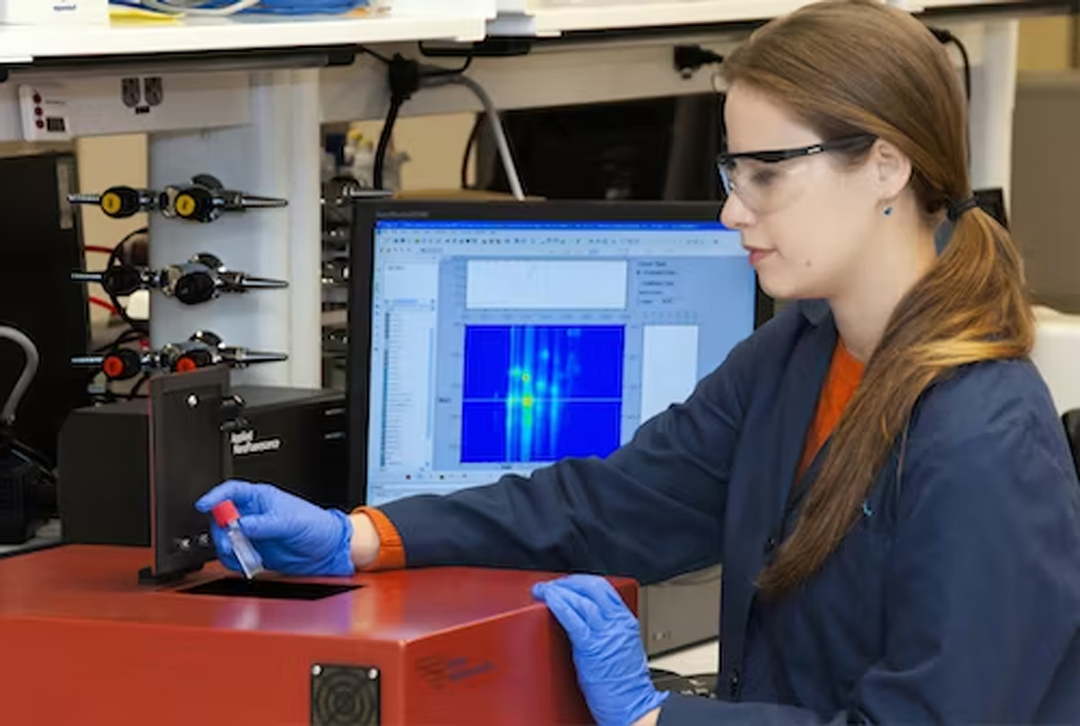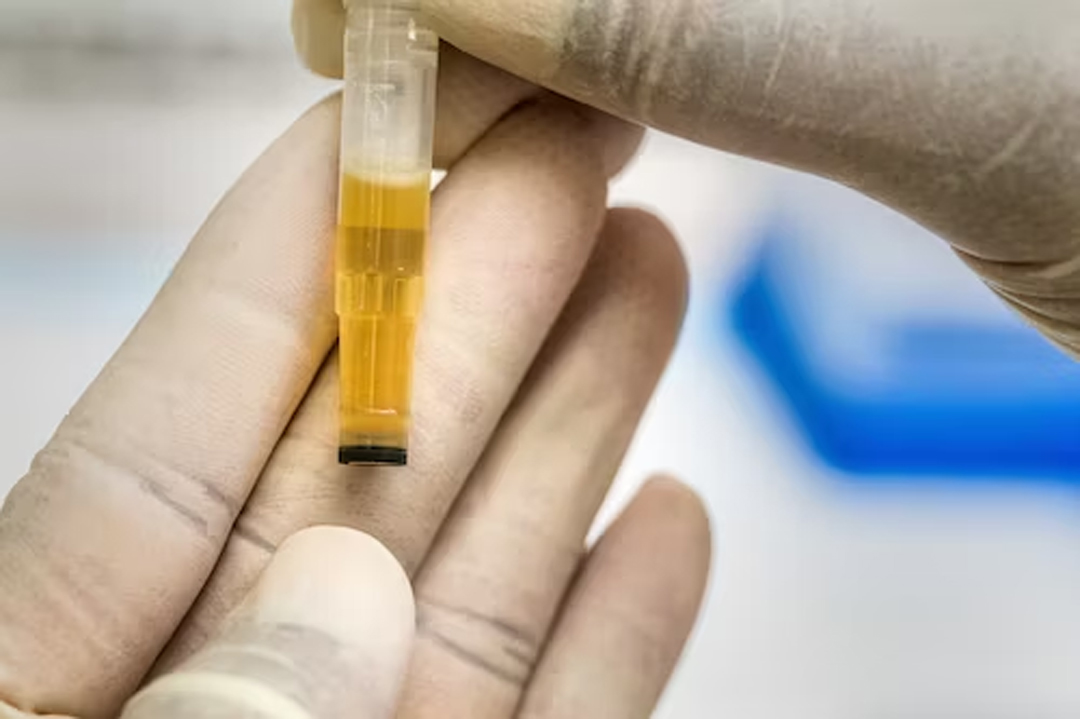 Drug testing is widespread in various industries, institutions, and even personal settings. It involves the analysis of biological samples, such as urine, hair, saliva, or blood, to detect the presence of specific substances or their metabolites. The primary purpose of drug testing is to ensure safety, security, and compliance with regulations. Understanding the basics of drug tests is crucial in the workplace, sports competitions, or healthcare settings. It allows individuals to make informed decisions, be aware of their rights and responsibilities, and navigate the complexities of drug testing. By demystifying drug tests, we can shed light on their significance and empower individuals with the knowledge they need to navigate this vital aspect of modern society.
Drug testing is widespread in various industries, institutions, and even personal settings. It involves the analysis of biological samples, such as urine, hair, saliva, or blood, to detect the presence of specific substances or their metabolites. The primary purpose of drug testing is to ensure safety, security, and compliance with regulations. Understanding the basics of drug tests is crucial in the workplace, sports competitions, or healthcare settings. It allows individuals to make informed decisions, be aware of their rights and responsibilities, and navigate the complexities of drug testing. By demystifying drug tests, we can shed light on their significance and empower individuals with the knowledge they need to navigate this vital aspect of modern society.
Different Types of Drug Tests
Drug tests come in various forms, each with its advantages and limitations. Understanding the different types of drug tests empowers individuals and organizations to choose the most appropriate method based on their specific needs and circumstances. Here are the most common drug tests:
Saliva Drug Tests
Also known as oral fluid tests, they have gained popularity due to their non-invasive nature and ease of administration. You can take a drug test using a mouth swab to collect a saliva sample and analyze it for the presence of drugs and their metabolites. Saliva drug tests offer a relatively short detection window, typically ranging from a few hours to a few days after drug use. They are handy for detecting recent drug use, as drugs are quickly absorbed into the bloodstream and can be detected in saliva soon after ingestion.
Saliva drug tests are less susceptible to tampering or adulteration than urine tests. However, their shorter detection window may not capture drug use that occurred more than a few days ago. Despite this limitation, saliva drug tests are valuable when real-time drug use monitoring is crucial, such as workplace safety or roadside drug testing.
Urine Drug Tests
Urine drug tests are the most commonly used method due to their cost-effectiveness, non-invasiveness, and ease of use. This type of drug test works by analyzing a urine sample for drug metabolites. The detection window for urine drug tests varies depending on the drug used, the individual’s metabolism, and the frequency of drug use.
Typically, urine drug tests can detect drug use within the past few days to a few weeks. While urine drug tests are generally reliable, they can sometimes produce false positives due to cross-reactivity with certain medications or over-the-counter drugs. Overall, urine drug tests remain widely used due to their convenience, affordability, and ability to provide broad detection windows.
Hair Drug Tests
Unlike other tests, hair drug tests offer a much longer detection window, typically several months. This makes them particularly useful for detecting drug use patterns over an extended period. Hair drug tests are less affected by factors such as hydration or dilution, making them more challenging to manipulate than urine or saliva tests. However, they do have some limitations.
The test may be less practical for detecting recent drug use, as drugs take time to appear in the hair follicles. Additionally, hair color, treatments, and certain hair products may impact the accuracy of the results. Despite these limitations, hair drug tests are valuable in contexts where a comprehensive and retrospective analysis of drug use is necessary.
Blood Drug Tests
This type of test precisely measures drug concentration in the bloodstream, making it particularly useful for determining current drug use and assessing impairment levels. Blood drug tests have a relatively short detection window, typically ranging from a few hours to a few days, depending on the drug and individual factors. They are commonly used in forensic settings, medical evaluations, and specific legal requirements.
However, blood drug tests are more invasive than other methods and require trained professionals to draw blood samples. Due to their invasive nature and limited detection window, blood tests, such as investigations involving accidents or suspected drug intoxication, are often used when immediate and accurate results are necessary.
Understanding Drug Test Panels
Drug test panels refer to the specific substances tested in a drug test. These panels vary depending on the test’s purpose and the organization’s or institution’s requirements. Here is a detailed look at understanding drug test panels:
Commonly Tested Substances
Marijuana: THC, the psychoactive compound in marijuana, is one of the most commonly tested substances. Its detection in drug tests helps identify recent marijuana use.
Cocaine: Cocaine and its metabolites are often included in drug test panels. This stimulant drug can be detected in the body relatively quickly after use.
Opiates: Opiates, including drugs such as heroin, morphine, and codeine, are frequently tested. The test detects the presence of opioids and their metabolites.
Amphetamines: Amphetamines, such as methamphetamine, and prescription medications, like Adderall, are commonly tested. These stimulant drugs can have effects on alertness and performance.
Benzodiazepines: Benzodiazepines, which include medications like Valium and Xanax, are often included in drug test panels. These drugs are prescribed for anxiety and sleep disorders.
Importance of Knowing the Panel for Specific Purposes
 Employment screening: Understanding the drug test panel used in employment screening is essential for job applicants and employees. Knowing which substances are tested allows individuals to make informed decisions about their drug use and take any necessary steps to ensure they comply with workplace policies.
Employment screening: Understanding the drug test panel used in employment screening is essential for job applicants and employees. Knowing which substances are tested allows individuals to make informed decisions about their drug use and take any necessary steps to ensure they comply with workplace policies.
Athletic competitions: In sports, drug tests are conducted to ensure fair competition and prevent using performance-enhancing substances. Athletes need to be aware of the specific substances tested to ensure they adhere to anti-doping regulations and maintain their eligibility to compete.
Clinical settings: Drug testing is crucial to monitor patient compliance with prescribed medications or identify illicit drug use that may interfere with treatment outcomes. Healthcare professionals must be aware of the specific substances in the panel to interpret the results and provide appropriate care accurately.
Understanding the basics of drug tests and the significance of drug test panels is essential in today’s society. Whether it’s for employment screening, athletic competitions, or clinical settings, knowledge about drug tests empowers individuals to make informed decisions, comply with regulations, and ensure safety. Demystifying drug tests and comprehending the significance of drug test panels allows us to prioritize safety, uphold regulations, and make informed choices regarding drug use in various contexts.

